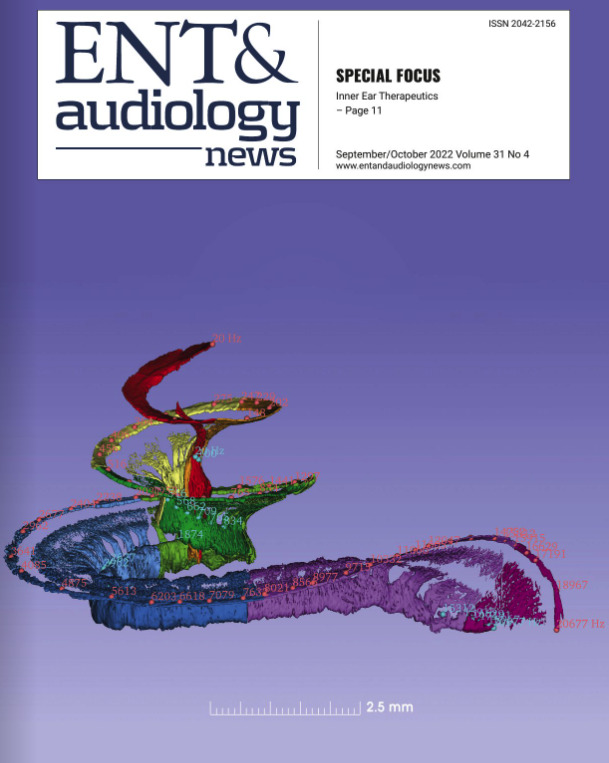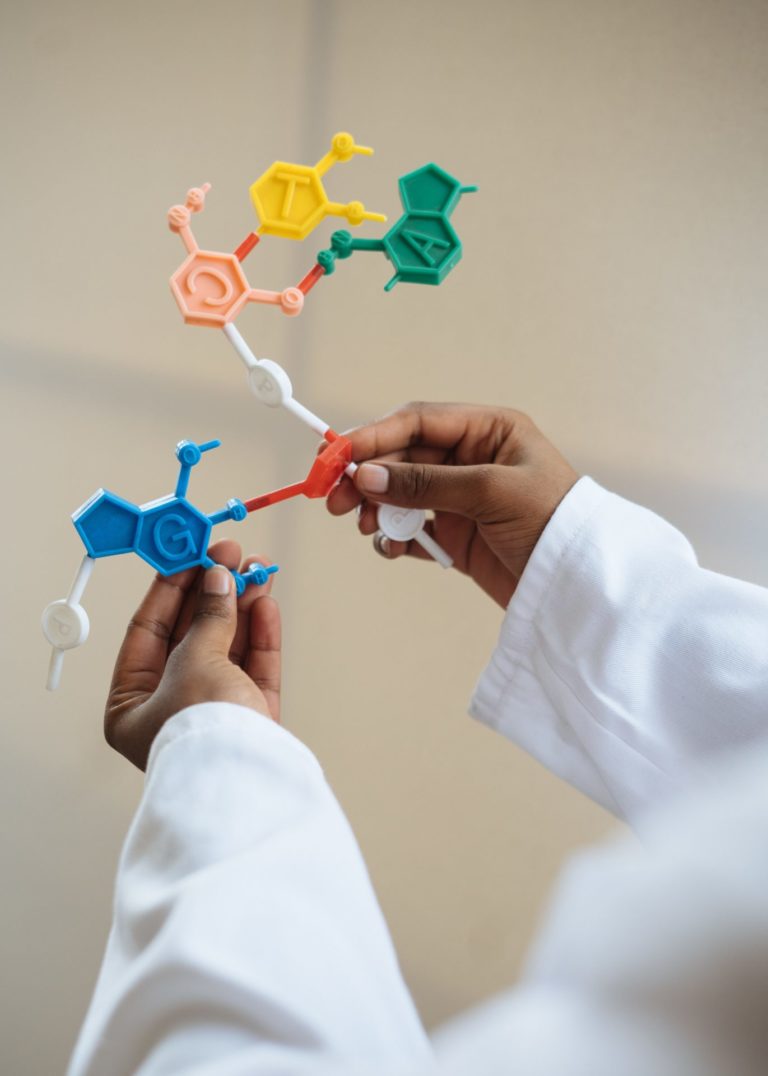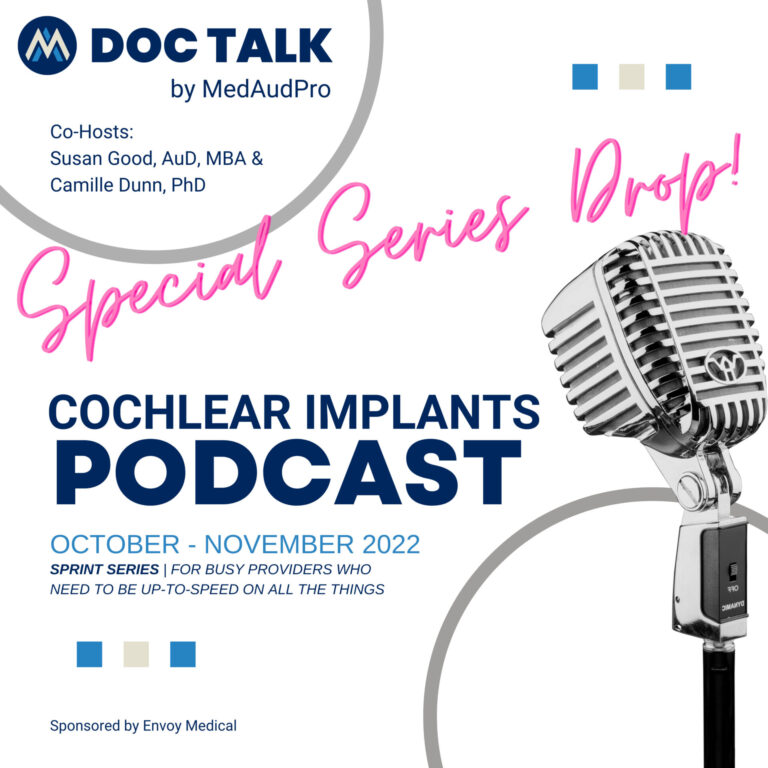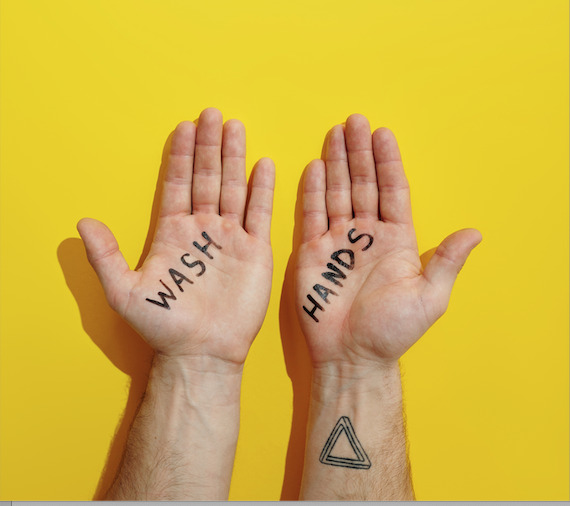A Lesson in Malpractice.
One Audiologist’s Story.
Over my career, there are a number of in real life lessons that I have learned. For those of you that have practiced for a few years, I’m sure you can relate. Those tips and lessons that you weren’t taught in school, that make up that underlying wisdom in which you bring to your work each day. As you get to know me, you will find that I share the good, the bad and the ugly, so that I don’t forget, and others can learn from my experiences. So, with that said, let me tell you about an experience that not many audiologists have in their career, at least I hope they have not….
One of the things that I have always loved working in the medical audiology space is the ability to see difficult cases and work toward the best patient outcome in conjunction with the physician. As many of you know, working closely with physicians allows for collaboration at all stages of the diagnosis and treatment plan, but also opens up the potential exposure to medical malpractice/negligence claims – at all stages of the patient’s diagnosis and treatment. What do I mean by this? Well, this is where the story begins.
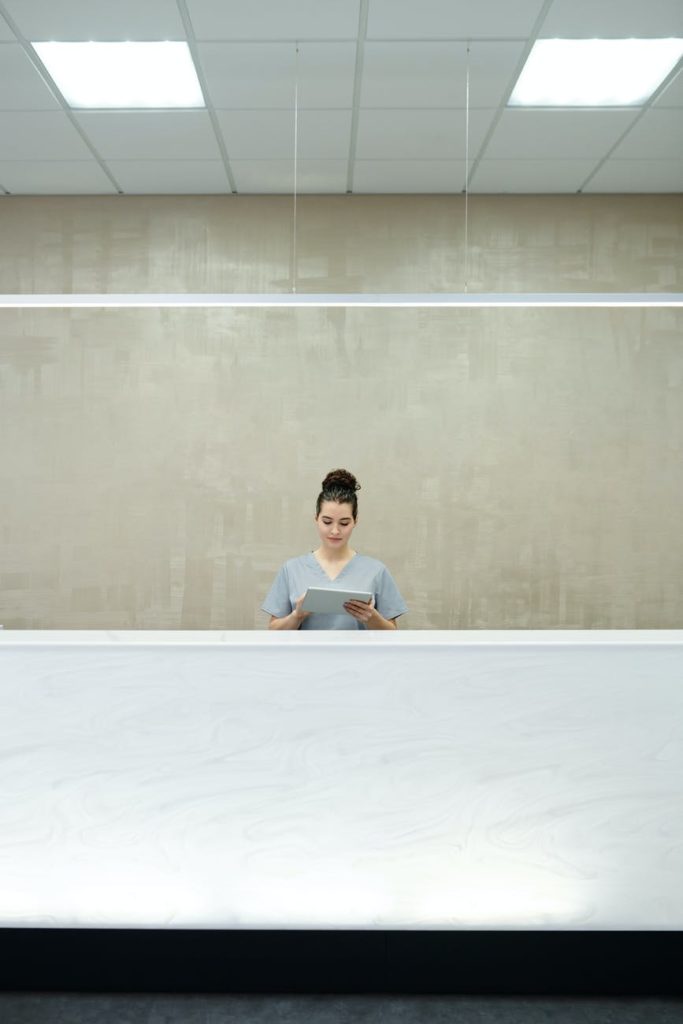
A number of years ago working in the medical audiology role, I had the great misfortune of being named in a shotgun approach to a medical malpractice case involving, not one, but two of our physicians at the same time. When I look back, this was one of those moments where my training intersected with real-life, professional experience. Until that time, malpractice and negligence cases were just something I knew occurred in medicine, but not something I thought about often, or ever worried about happening to me. It was a rude awakening to be named in a malpractice case, sit in arbitration off and on for almost 3 years and listen to the lawyers share their perspective about all my physicians and I had done, could had done, or in their opinion, done incorrectly. Additionally, what I realized, was that once the attorneys were involved, the “truth” about the actual case was not necessarily the center focus. Our attorneys’ role was to prove the case had no merit, or at minimum, present evidence that would have the least impact to the medical malpractice provider. The question became: which approach would be most effective and least costly to manage the lawsuit?
There is a lot to this story, but the audiology part goes like this…
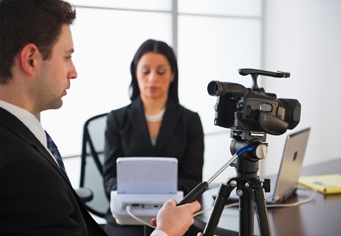
- Female patient presents with mixed loss with multiple reconstructive surgeries from other physician practices.
- Testing confirms the loss and patient sent to surgeon to discuss surgery
- Patient returns to audiology after declining surgery (she had 3 previously)
- Discussed amplification benefits & medical contraindications to hearing aid use with open perforation
- Patient chose to move forward with amplification
- Behind the ear hearing aid with ventilated mold ordered
- Patient fit and counseled on importance of intermittent use of device to allow for more effective ventilation of ear as well as need for continued medical and audiological follow up to monitor health of ear.
- Patient did not hold to the medical or audiological recommendations
- Returns to office approximately 2 years later for follow up visit
- Audiological evaluation determined dead ear on previously amplified ear
- Medical course of hearing loss led her to have meningitis.
- Eventual loss of all hearing on that ear of which she was not seen by our physicians or myself
- Patient asked for re-fitting of device to her father (it was a digital programmable device)
- Hearing aid was refit to father and chart put for filing
- Received “summons” of being served in the medical malpractice case for the patient
- Attended multiple depositions/arbitrations over 2 + years
- Decision was made by the malpractice company to settle in the case
- Multiple attempts were made to try to have myself removed from the suit
- At the last day prior to settling on the case and filing with the court, I WAS DROPPED FROM THE SUIT!
Unfortunately, everything we learn, we don’t learn in kindergarten.
– some wise person

What were the lessons learned?
- Not all malpractice or negligence cases are filed based on truth, many are filed based on money.
- As a provider, even with the best intentions for your patient, it is still possible to be falsely accused.
- It is the attorney’s job to tell a story – and that comes from the documentation or lack of documentation, and without documentation, that story can be quite colorful and flat out incorrect. In this instance, I was accused of destroying the medical record. This was due to the inability to produce the original hearing aid chart, which was finally located about a year and half into the case. It had been misfiled in another patient’s chart by our front office staff.
- The stress of this type of experience does make you a more conscientious provider, but it is a hard way to learn those lessons.
- Documentation is KEY – If it is not written, it did not happen.
- How you are insured as an audiologist for medical liability is EXTREMELY important.
“Needless to say, I would never want any medical audiologist to endure the stress of being involved in a malpractice case, but what I learned is that the type of coverage you have when working in a medical practice needs to align with the physician and practice coverage.”
This is why I worked with a Medical Malpractice provider to develop a coverage that provides the best protection for the practice, physician and audiologist. Check it out here!
Watch for the MedAudPro Risk & Compliance Library coming in May!
About Patricia Ramos, AuD
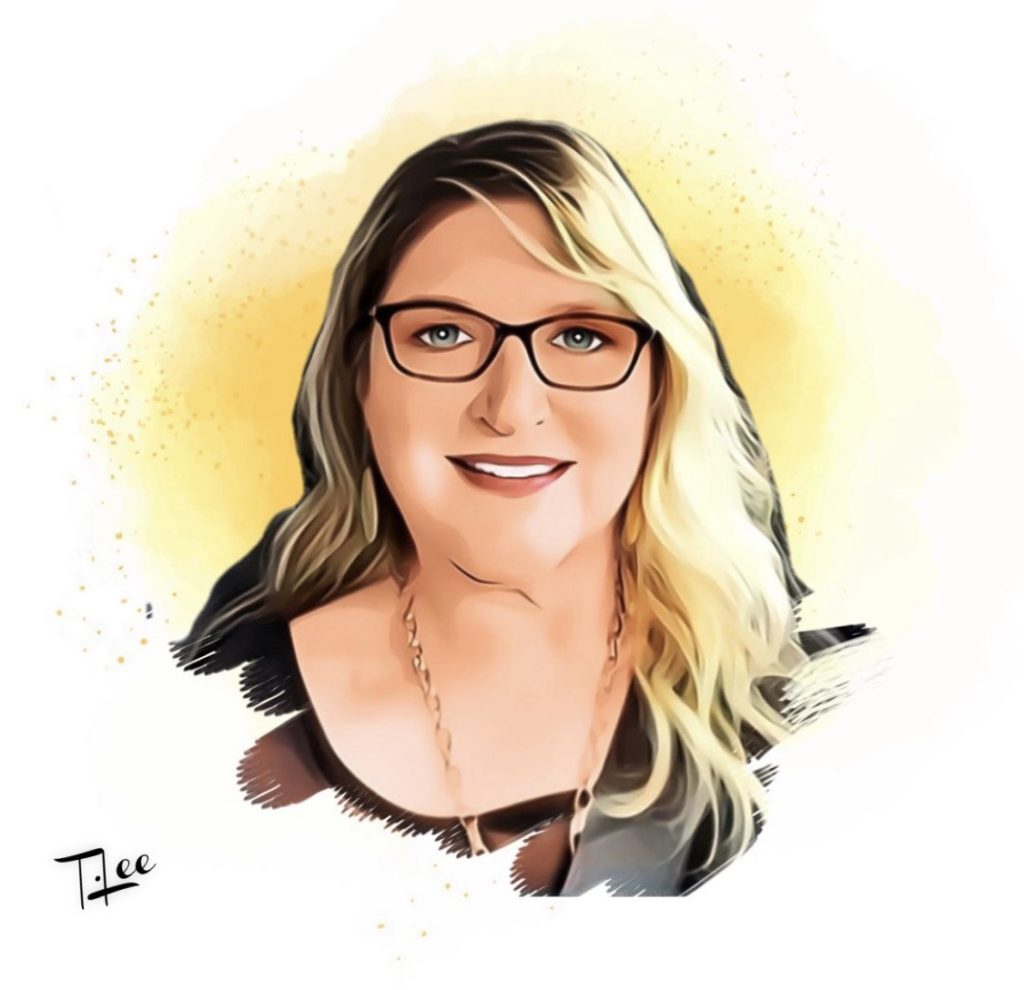
Dr. Patricia Ramos is the Director of Audiology and Rehabilitative Services at ENT and Allergy Associates of Florida; she joined the practice in 1993. Currently, Patti oversees a team of 100+ comprised of audiologists & students, audiology assistants and audiology operations that cover 60 locations. Her department is involved in multiple FDA clinical trials & has been a leader in developing, training & utilizing audiology assistants for greater than 15 years. Dr. Ramos is an internationally recognized expert and speaker in the field of Audiology, ENT-Audiology collaboration and all aspects of hearing rehabilitation. She continues to be active as an adjunct professor, serves on multiple boards and is a key opinion leader for the hearing and audiology-related FDA trial Industry. She received her Doctorate in Audiology from the University of Florida.


